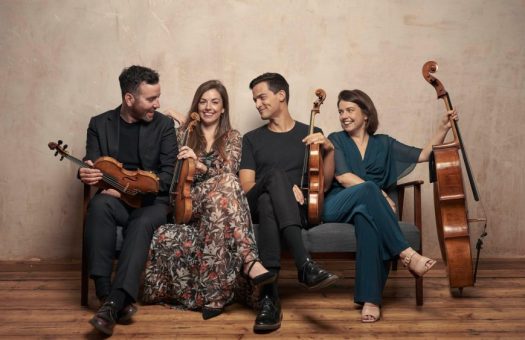
Ryedale Festival Finale: Solem Quartet & Friends, Hovingham Hall, Hovingham, July 31
AFTER including four Schubert events over its opening weekend, Ryedale Festival closed with three substantial Schubert offerings over its final two days. His ever-popular Octet was the last event on this programme, following two pieces by the American composer Florence Price.
Alhough she died nearly 70 years ago, Price has only really come to prominence in the past decade, after the chance discovery of a cache of her scores. Summer Moon, composed in 1938, was among them. Its pastel shades are well adapted to string quartet and generated an elegiac aura.
Her variations on “Drink To Me Only With Thine Eyes” proved equally appealing, evolving naturally and showing more than mere craftsmanship in their modulations. These tasters suggested that she deserves to be better known by British audiences.
So to the Schubert. The Solem’s first violin, Amy Tress, led the proceedings most effectively. The extra instruments – clarinet, bassoon, horn and double bass – added more than the expected resonance and took some adjustment: double bass and horn, although expertly handled, sounded boomy and over-exuberant respectively in the Allegro.
Things settled down, however, in the slow movement, which was allowed to breathe, with cool ensemble over the long dominant pedal and pregnant pauses before the coda.
Brio in the scherzo was nicely complemented by a smooth trio. In the succeeding variations, Stephanie Tress’s cello sang engagingly in the main melody and the whole ensemble ruminated gently thereafter. The minuet really danced and its trio had the lightness of a Viennese pastry.
In the finale, the return of the opening material might have been a touch more menacing, but the acceleration to the end was genuinely exciting. A fitting close to two deeply satisfying weeks: Christopher Glynn and his cohorts deserve the utmost praise for assembling them and in next to no time.
Review by Martin Dreyer
